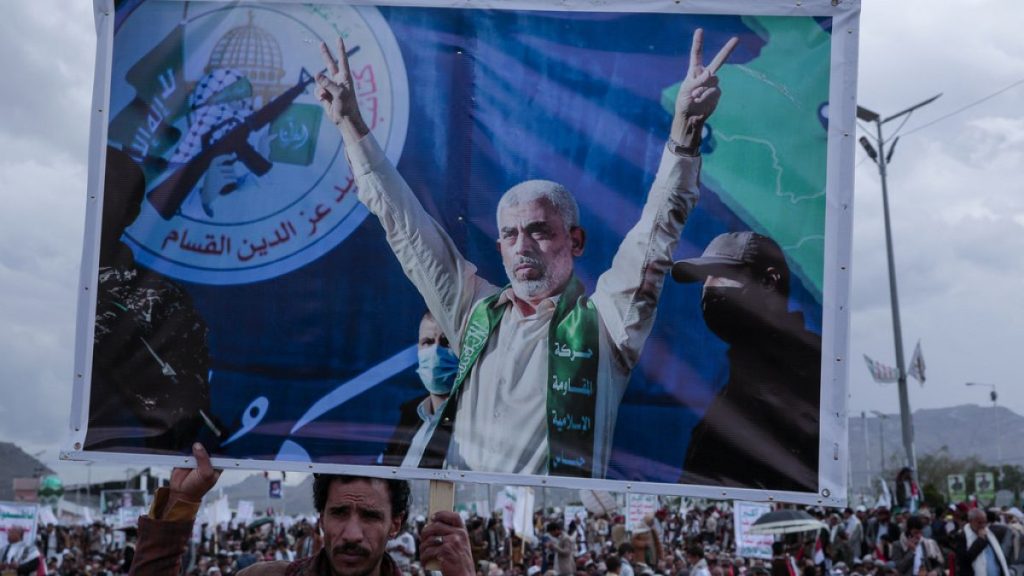Hamas, the Palestinian militant group that carried out the attack on Israel on October 7th last year, is focused on regenerating its forces despite suffering losses. The group is actively recruiting new fighters, with reports suggesting that they are mobilizing around 6,000 members from their reserves. While these fighters may not be as well trained as the initial group, they are still capable of engaging in armed conflict with Israeli forces. Hamas continues to assert its control over the Gaza Strip and shape the future of the territory, despite efforts by the Israeli army to weaken its capabilities.
The Chief of Staff of the Israel Defence Forces declared that they had defeated the military wing of Hamas in response to the attack last year. However, analysts argue that Hamas has not been defeated and still retains the capacity to recruit new fighters and rehabilitate underground infrastructure. The group relies on recruiting orphans and individuals affected by previous Israeli attacks to replenish its ranks. There are reports of Hamas working to restore damaged tunnels, indicating a commitment to maintaining their operational infrastructure. The new leader, Yahya Sinwar, is seen as more hardline and adamant about continuing armed conflict as a means of achieving Palestinian statehood.
Sinwar, who took over leadership of Hamas following the assassination of Ismail Haniyeh, is described as a staunch advocate for armed struggle. He believes that the only way to establish a Palestinian state is through military means, rejecting negotiation as an effective strategy. Sinwar sees military confrontation as the path to liberating Palestine from Israeli occupation and is unapologetic about past attacks. He is determined to maintain the armed struggle at any cost, believing in the necessity of armed resistance to achieve Palestinian goals. His leadership style is characterized by obstinance and a commitment to battlefield victories.
Despite the classification of Hamas as a terrorist group by the US and EU, the movement remains essential for negotiating ceasefires and conflict resolution. Some countries, such as Norway and Switzerland, have engaged in talks with Hamas without labeling the group as a terrorist organization, recognizing the need for dialogue. The lack of direct negotiating channels poses a challenge, especially considering Hamas’s commitment to violence as a means of resisting military occupation. Diplomatic efforts have not yet yielded substantial progress towards resolving the Israeli-Palestinian conflict.
The fate of the Gaza Strip remains uncertain, with the Palestinian Authority under Mahmoud Abbas as a potential governing authority. While Israel has threatened to eliminate Hamas entirely, analysts believe that the group will continue to play a significant role in shaping the future of the territory. Despite suffering losses, Hamas remains resilient and resistant to external interventions. Iran’s continued support for Hamas further complicates the situation, with the extension of the conflict to Lebanon and direct retaliations against Israel exacerbating the crisis. Diplomatic solutions appear limited, paving the way for continued conflict and uncertainty in the region.
The war in Gaza has had devastating consequences, with thousands of Palestinians killed and millions displaced. The ongoing conflict underscores the deep-seated tensions and complexities of the Israeli-Palestinian struggle. Despite international efforts to mediate and find a political solution, the entrenched positions of Hamas, Israel, and other actors in the region suggest that a resolution remains elusive. The consequences of the conflict are far-reaching, affecting the lives of ordinary Palestinians caught in the crossfire and underscoring the urgent need for sustainable peace and security in the region.


